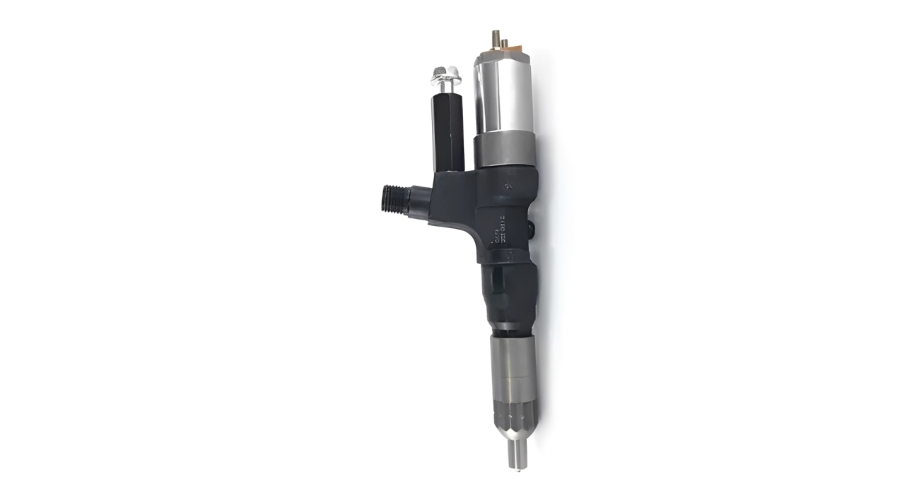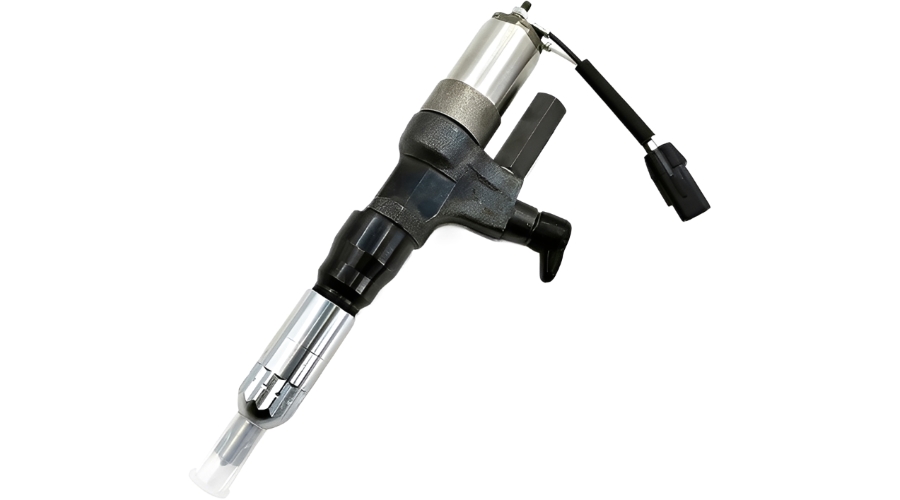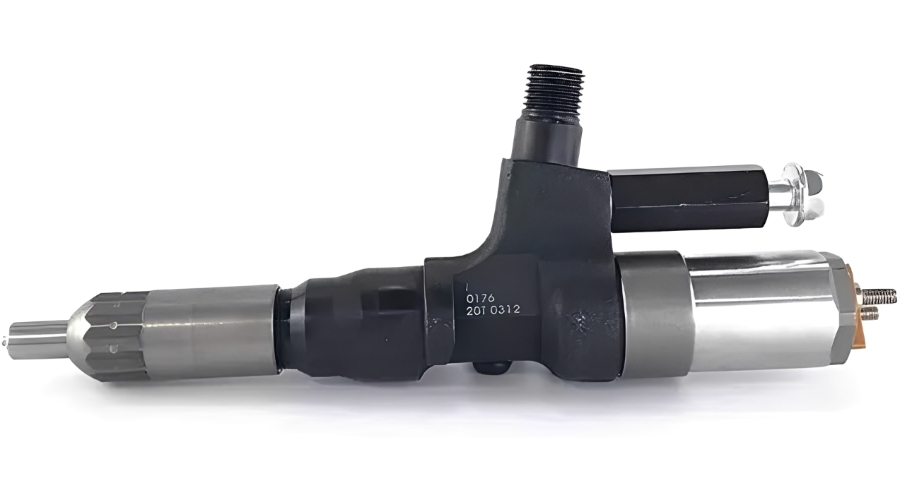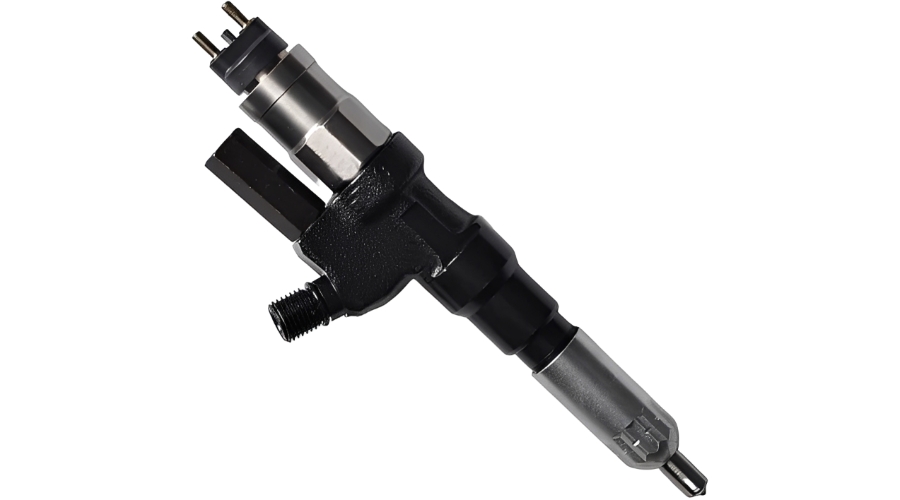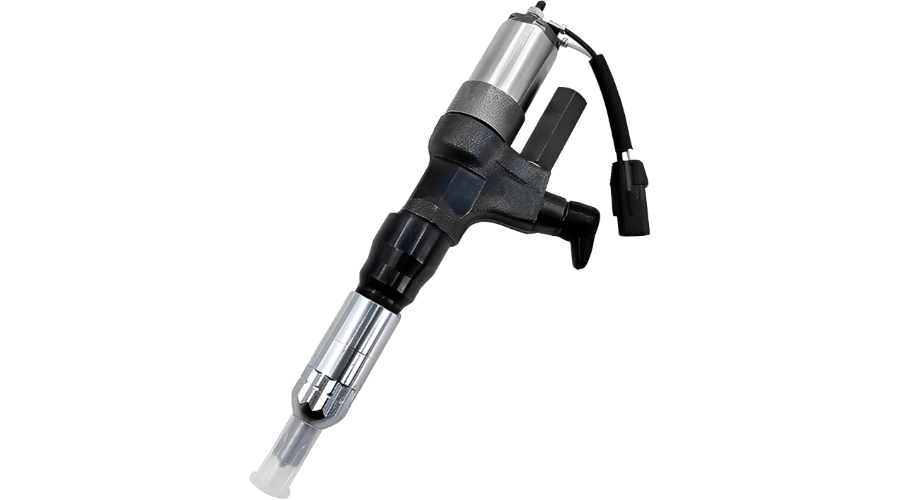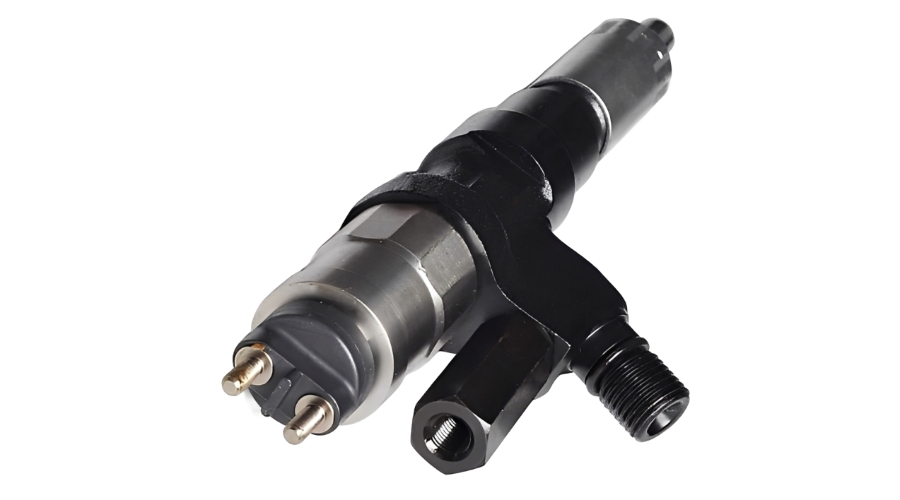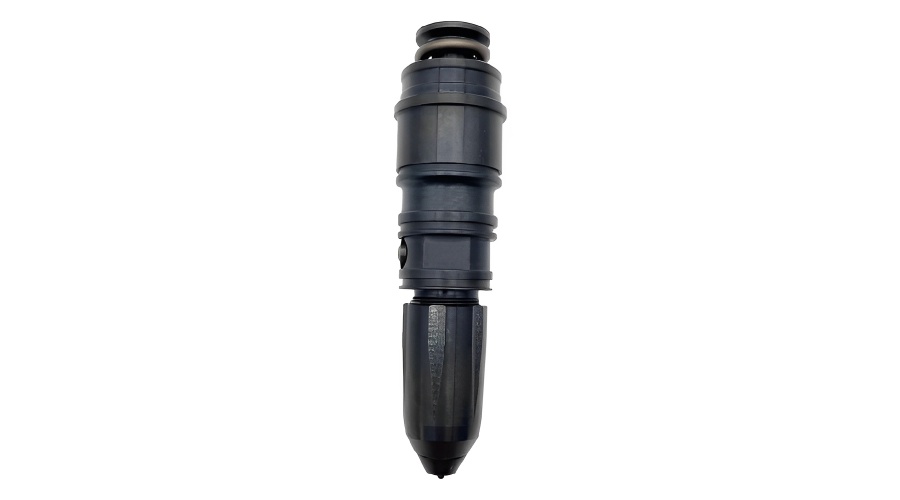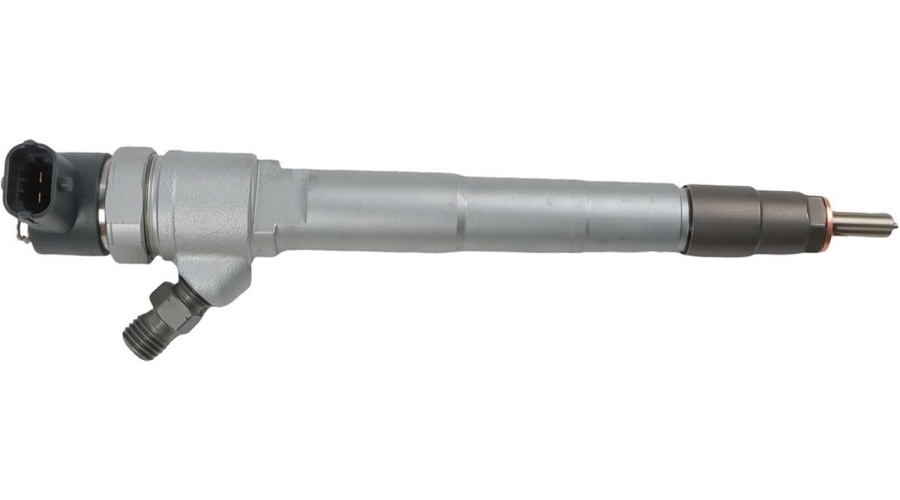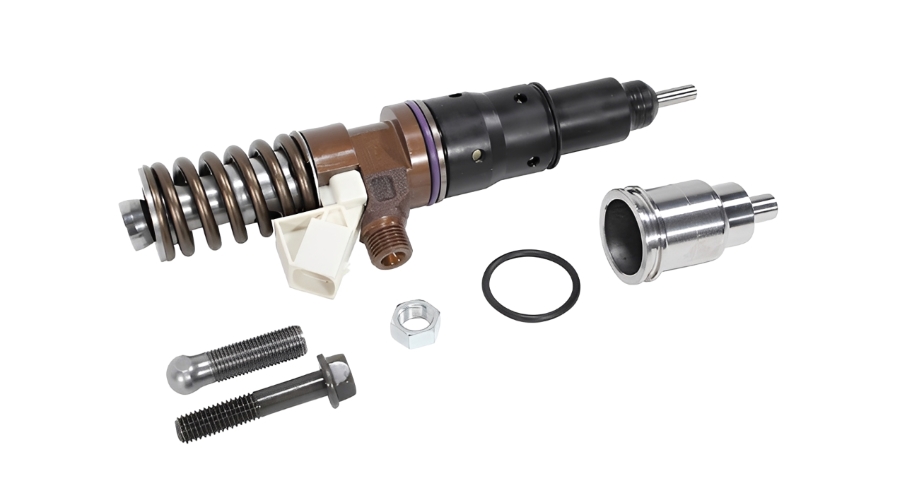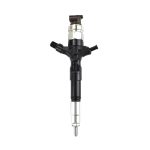
Diesel Fuel Injector Nozzle 0950006410 for Toyota Hilux D4d 2.5 D 2kd-Ftv
September 11, 2025Denso 095000-0176 Fuel Injector Compatible with Hino Engine J05C J08C
Key Information
Part Number: 095000-0176 095000-0175 095000-0170
Engine Make: Denso
Inspection Report: Yes
Warranty: 12 Months
Supply Ability: In stock
Payment Way: Paypal, Western Union, Visa, Mastercard, T/T
Details: One model in a neutral box or specific box required by clients.
The Denso 095000-0176 is a direct replacement and fully compatible fuel injector for many Hino trucks and buses equipped with the J05C and J08C series of diesel engines.
This part number is Denso’s own internal number. You will also often see it listed under various OEM and aftermarket numbers.
Key Details and Specifications
Manufacturer: Denso (A major OEM supplier to Hino and other truck manufacturers).
Denso Part Number: 095000-0176
Common Hino OEM Part Number: 23610-0012 (This is the number you would get from a Hino dealership parts counter).
Engine Compatibility:
Hino J05C-TA, J05C-TB, J05C-TC, J05C-TD
Hino J08C-TA, J08C-TB, J08C-TC, J08C-TR, J08C-TW
Vehicle Applications: This injector is used in a wide range of Hino vehicles, including:
Hino 155, 155h, 195, 195h, 238, 258, 268, 338
Hino 300 Series (e.g., 335)
Hino 400 Series (e.g., 415, 435)
Hino 500 Series (e.g., 535)
Various Hio buses with the J08C engine.
Important Considerations Before Purchase and Installation
Buy from a Reputable Seller:
Beware of Counterfeits. The market is flooded with cheap, counterfeit fuel injectors that can cause severe damage to your engine. Always purchase from authorized distributors, reputable diesel shops, or well-known online marketplaces with trustworthy sellers.
Replace in Sets (Highly Recommended):
While you can replace a single failed injector, it is highly recommended to replace them in a complete set (all 4 for a 4-cylinder, all 6 for a 6-cylinder).
Why? Fuel injectors wear out over time. If one fails, the others are likely not far behind and are operating at reduced efficiency. Replacing all ensures balanced fueling across all cylinders, which leads to optimal performance, fuel economy, and prevents another failure soon after.
Replace the Fuel Filter and Clean the System:
Always install a new fuel filter when replacing injectors. Contaminants in the old fuel filter likely contributed to the failure of the old injector and will quickly damage the new, expensive ones.
Consider having the fuel lines and system cleaned if there is a suspicion of significant contamination.
First Step: Accurate Diagnosis (Is it Really the Injector?)
Before spending money on parts, ensure the problem is actually a faulty injector. Symptoms of a bad injector can mimic other issues.
Common Symptoms:
Hard starting, rough idle, misfiring, or engine shaking.
Loss of power, lack of acceleration.
Excessive black, white, or blue smoke from the exhaust.
Knocking or pinging sounds from the engine.
Strong smell of unburned fuel.
Poor fuel economy.
Diagnostic Steps a Mechanic Should Perform:
Scan for Fault Codes: Use a heavy-duty diagnostic tool (e.g., Hino DX-II, JPRO, etc.) to read codes from the Engine Control Module (ECM). Codes like cylinder contribution, imbalance, or injector circuit faults are key clues.
Buzz Test/Actuation Test: This test, performed with the scan tool, activates each injector solenoid. A healthy injector will make a clear “click” or “buzz.” A different sound or no sound indicates a problem.
Cylinder Cutout Test: The scan tool can deactivate one injector at a time while the engine is running. If deactivating a specific injector does not change the engine’s RPM or sound, that cylinder is not contributing and is likely the problem.
Visual Inspection: Check for fuel leaks around the injector seals and copper washer, and inspect the wiring harness and connectors for damage.
Compression Test: Rule out low compression in a cylinder, which can cause similar symptoms.
Fuel Pressure Test: Ensure the high-pressure fuel pump is delivering adequate pressure to the rail.
Step 2: The Decision – Repair, Replace, or Rebuild?
New Injectors (Best Option):
Pros: Highest reliability, comes with a warranty, performance is guaranteed to meet OEM specs.
Cons: Most expensive option.
Ideal For: Critical commercial vehicles where downtime is costly, and maximum reliability is required.
Quality-Rebuilt/Remanufactured Injectors (Common & Good Value):
Pros: Significantly cheaper than new, often come with a solid warranty (look for a “core charge” and return policy for your old injectors). Reputable rebuilders replace all wear items and test to OEM standards.
Cons: Quality can vary drastically between suppliers.
Ideal For: Most repair scenarios on a budget. Crucially, only use rebuilders with an excellent industry reputation.
“Repairing” a Single Injector (Rarely Done):
Modern diesel injectors are precision marvels. Technicians do not typically repair individual internal components in a shop setting. They are sent to specialized rebuild facilities. Swapping a single injector is the repair, but the injector itself is a replaced unit.
Gather Necessary Parts and Tools:
New Parts: Injector(s), new sealing washers (copper crush washers), new O-rings, and possibly new hold-down clamps/bolts (if they are torque-to-yield).
Tools: Correct socket set, torque wrench, injector puller slide hammer (often essential), and a diagnostic tool for coding.
Technical Parameters: Denso 095000-0176 Fuel Injector
| Parameter | Description / Value | Notes |
|---|---|---|
| Manufacturer / Type | Denso | Original Equipment Manufacturer (OEM) for Hino. |
| Part Number | Denso: 095000-0176 Hino OEM: 23610-0012 |
The Hino number is what you'd get from a dealership. |
| Application | Hino J05C & J08C series diesel engines | Found in Hino 155, 195, 238, 300, 400, and 500 series trucks & buses. |
| Injector Type | Electrohydraulic (Solenoid) | Uses engine oil pressure from the common rail to amplify the solenoid's force for injection. |
| Sealing | Copper Crush Washer & O-rings | Crucial: The copper washer is a one-time-use item and must be replaced upon installation. |
| Coding / Calibration | REQUIRED | Each injector has a unique QR code and alphanumeric compensation code that must be programmed into the Engine Control Unit (ECU) using a professional diagnostic tool (e.g., Hino DX-II). |
| Key Feature | i-ART Technology | This is a "smart" injector with an integrated pressure sensor that provides real-time feedback to the ECU for precise fuel control, enabling cleaner combustion and better performance. |
| Voltage | 12V (Standard vehicle electrical system) | Operated by the Engine Control Module (ECM). |
| Critical Replacement Practice | Replace in sets (all 4 or 6) & new fuel filter | Replacing all injectors ensures balanced fueling. A new fuel filter is mandatory to protect the new injectors from contamination. |
Related products
-
3054218 for Cummins N855 generator set fuel injector
Engine Make: CUMMINS
Inspection Report: Yes
Warranty: 12 Months
-
Bosch fuel injector 0445110808 for diesel engine parts
Engine Make: BOSCH
Inspection Report: Yes
Warranty: 12 Months
-
22378579 Diesel Fuel Injector for Mack and Volvo MP8/D13 engine
Engine Make: Volvo
Inspection Report: Yes
Warranty: 12 Months

